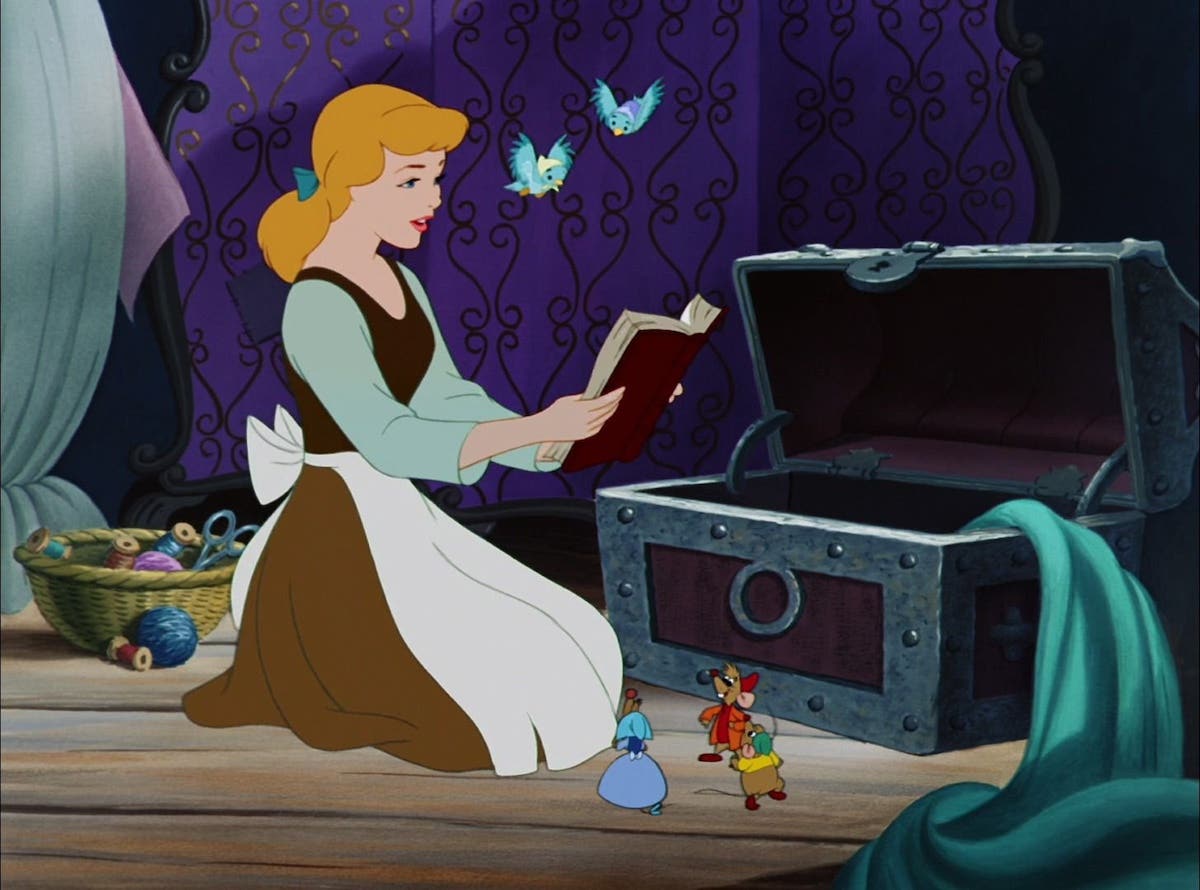WRITERS’ ROOM 101: Taking Meetings – Know Your History
Eric Haywood has spent over a decade writing for network and premium cable television series including ABC’s Private Practice, Showtime’s Soul Food, NBC’s Hawaii, and the Fox drama Empire. Follow…
Eric Haywood has spent over a decade writing for network and premium cable television series including ABC’s Private Practice, Showtime’s Soul Food, NBC’s Hawaii, and the Fox drama Empire. Follow Eric on Twitter at @EricHaywood.
Over the course of your writing career, you’ll be reminded again and again that the most important tool at your disposal as you compete with other writers for TV staff jobs is your script – that amazing spec or pilot you’ve written (in some cases, even an impressive short story or play will do the trick, but that’s a topic for another day) to serve as your calling card. Your agent or manager will circulate this writing sample around town in hopes of getting you staffed. Without a great sample, anyone will tell you it’s pretty much impossible to even get considered for a job.
And that’s totally true. But it’s also only half the battle.
Because before you can actually land those jobs, you’ll be taking meetings. Lots and lots of meetings. Sometimes you’ll even meet with several different people about the same job. That’s because hiring a writer requires someone to make a considerable financial commitment, which means it usually takes more than one person to sign off.
But the reason for these meetings isn’t purely monetary. Like any other job, your potential employer needs to determine, to the best of their ability, if you’ll be a good fit personality-wise for the staff. Sure, you wrote an incredible pilot that blew everyone’s minds, but the writing team is going to spend 10-12 hours every day (and maybe even more) essentially trapped in a room with you, pitching ideas and breaking stories. Frankly, they’re going to want to know if you’re capable of playing nice with others.
So like I said, there’ll be meetings. Showrunner meetings, in which, as the name implies, you’ll be meeting with the showrunner of a series. Network meetings, where (again, the names are dead giveaways here) you’ll meet one or more of the executives who oversee the show for the network. There are also studio meetings, which are the same as network meetings, except these will be between you and a show’s studio executives.
Typically, you’ll be in these meetings for a single purpose: to convince them to hire you for a specific show that’s either already on the air or in the running for a pickup. And then, at the opposite end of the spectrum, there are the dreaded general meetings.
I say “dreaded” because general meetings can be a bit frustrating. A general meeting happens when someone’s read your script and just wants to meet you in person so they can put a face with the name on the cover page. It’s more of a networking session than anything else, but you still have to go in there and put your best foot forward as if there was a writing job at stake. Because if the executive likes you, it could very well turn out to be the beginning of a beautiful friendship. And when that exec finally gets a show for which you’d be a great addition, your agent or manager will have a much easier time getting you considered because the wheels have already been greased.
To be fair, general meetings aren’t all bad. Once you know that there’s no proverbial pot of gold waiting for you at the end of the meeting’s rainbow, it’s often easier to relax and make an even better impression. General meetings (or just “generals,” as most people call them) don’t come with the pressure of making you feel like you have to walk out of there with a job in hand, because there’s no actual job up for grabs at the moment.
Anyway, I’m pretty far off course from the real point of this post. Since staffing season is right around the corner this year, I’m going to stop rambling and jump right to the bottom line that I’ve been slowly building towards. It’s another piece of practical advice that I’ve been applying for many years, one that no one ever told me about. I had to figure it out for myself. And it’s amazingly simple:
Write down the name of every person you meet with.
That’s it. Like I said, it’s simple. If you haven’t already been doing this, you’re going to start. Now. Today. Open your writing software of choice and make a list, in chronological order, of every single meeting you’ve had. Include the names of everyone in the meeting, the date, and a word or two about the purpose of the meeting. And you’re going to keep adding to that list pretty much forever.
Why do this? Because like I said, over the course of your career, you’re going to have many, many meetings. And the showrunner you meet with in May of 2015 may never cross your path again until she has a new pilot in contention in, say, June of 2019. And that showrunner will probably have met so many other writers in the intervening four years that she’s forgotten she once met with you. That’s why you need to remember the meeting.
I can’t stress this enough: you must know your history. It’s as critical to your long-term survival as the scripts you’ll be writing.
And that goes double for network and studio executives. These folks change jobs all the time; they quit, they get fired, they get promoted, or poached, or whatever. So it’s easy to forget that the nice lady who runs the Current Drama department at this network once worked as a junior development executive over at that network, which is where you met her three or four years earlier. And that’s where your list comes in.
Oftentimes your agent or manager will even ask you for the names of executives and showrunners you already have relationships with. And if you’ve had dozens of meetings, how will you remember them all? Again, you’ll simply refer to your handy list. The list is life.
Even if you’ve never had an actual meeting yet, keep this tip in mind and start your list with the very first meeting you eventually do get. I guarantee that you’ll look back over the list five years from now and be glad you did. And for those who’ve already landed a bunch of meetings, spend an hour or two digging through old e-mails from your agent or manager. It might be tedious, but it’s time well spent. You can reconstruct your meeting history based on those old e-mails (the ones that tell you whom you’re meeting with, the date and time, and where to park). Compile these into a single document, and you’ve already got a nice foundation to continue building upon going forward.
Because every once in a while, you’ll walk into a meeting with some executive or showrunner and have them stand up, shake your hand, and go, “Hey, it’s great to see you again!” And you’ll have to flash one of those fake smiles to conceal that fact that you’re looking at this person and drawing a total blank. Now you have to sit through the whole meeting wondering if this person noticed the fact that they clearly remembered you, but you didn’t remember them. I’m not saying this is a serious enough offense enough to cost you the job (it’s not), but why not go in armed with as much information as possible? You’re trying to stand out, aren’t you?
So keep a list. Know your history. And just to show you that I put my money where my mouth is, I'll share this little detail with you: one of the network executives that I currently work for, I've known since I first walked into his office on August 8, 2006.
He probably doesn't remember that exact date, but I do. Because I've got it written down.
- More articles by Eric Haywood
- Your TV Guide: Crush Those Big Meetings
- A Field Guide to Meetings - Breaking Into TV Writing
Get expert advice at producer and Emmy-winning director Lane Shefter Bishop's webinar - Developing & Pitching the TV Series
TV Writers’ Room 101 by Eric Haywood: If you’ve ever wondered what goes on inside a television drama writers’ room, look no further. “Inside the Writers’ Room” will pull back the curtain and show you how “the room” functions, how ideas get pitched and stories get broken, how the writer functions on set when an episode he or she has written is being filmed, and more. This column is geared towards writers who are either actively seeking to break into television writing or have already landed their first job on staff and could use a little help navigating the unspoken do’s and don’ts. Twitter: @EricHaywood





